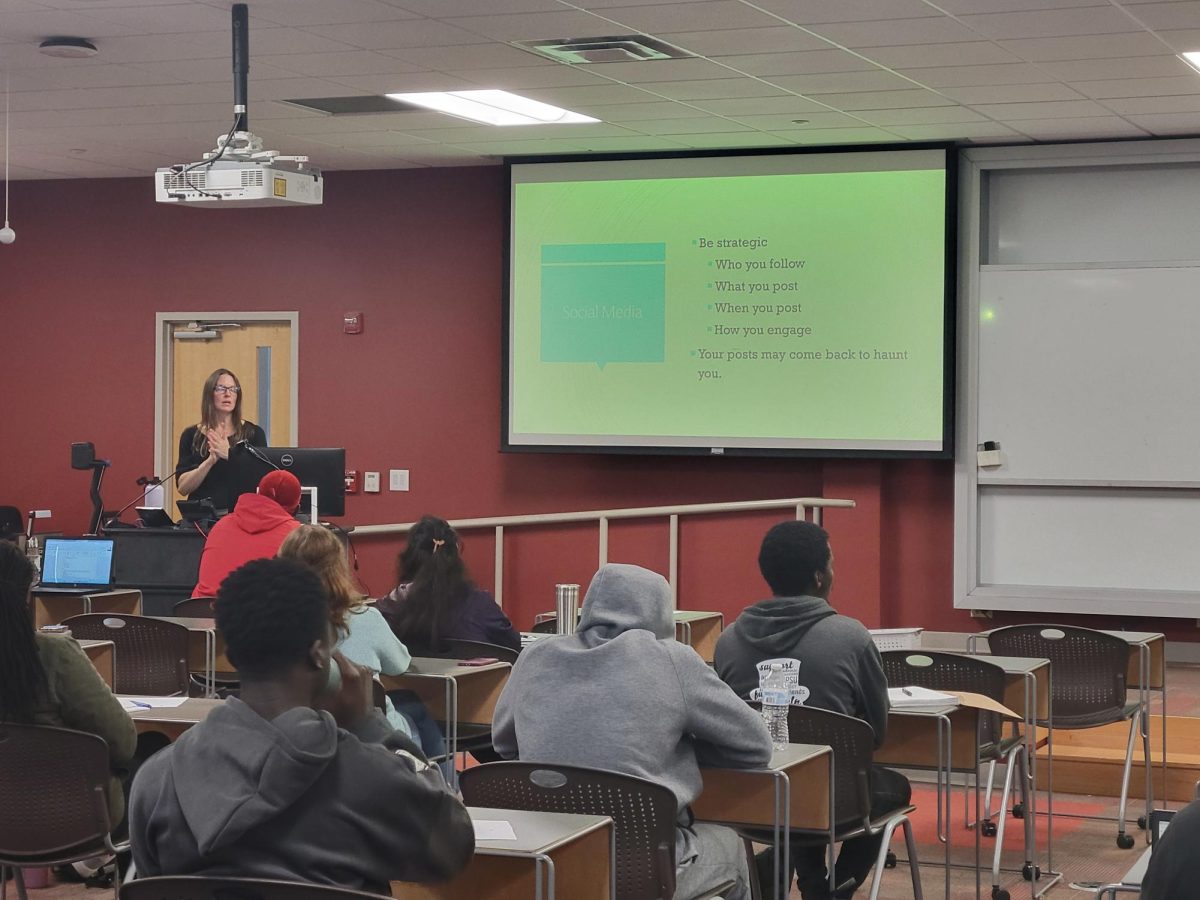» ASSOCIATED PRESS
WASHINGTON — As demonstrations swirled outside, Supreme Court justices signaled on Monday they are ready to confront without delay the keep-or-kill questions at the heart of challenges to President Barack Obama’s historic health care overhaul. Virtually every American will be affected by the outcome, due this summer in the heat of the election campaign.
On the first of three days of arguments — the longest in decades — none of the justices appeared to embrace the contention that it was too soon for a decision.
Outside the packed courtroom, marching and singing demonstrators on both sides — including doctors in white coats, a Republican presidential candidate and even a brass quartet — voiced their eagerness for the court to either uphold or throw out the largest expansion in the nation’s social safety net since Medicare was enacted in 1965.
Tuesday’s arguments will focus on the heart of the case, the provision that aims to extend medical insurance to 30 million more Americans by requiring everyone to carry insurance or pay a penalty.
A decision is expected by late June as Obama fights for re-election. All of his Republican challengers oppose the law and promise its repeal if the high court hasn’t struck it down in the meantime.
On Monday, the justices took on the question of whether an obscure tax law could derail the case.
The 19th century law bars tax disputes from being heard in the courts before the taxes have been paid.
Under the new health care law, Americans who don’t purchase health insurance would have to report that omission on their tax returns for 2014 and would pay a penalty along with federal income tax on returns due by April 2015. Among the issues facing the court is whether that penalty is a tax.
The justices also will take up whether the rest of the law can remain in place if the insurance mandate falls and, separately, whether Congress lacked the power to expand the Medicaid program to cover 15 million low-income people who currently earn too much to qualify.
If upheld, the law will force dramatic changes in the way insurance companies do business, including forbidding them from denying coverage due to pre-existing medical conditions and limiting how much they can charge older people. The law envisions that insurers will be able to accommodate older and sicker people without facing financial ruin because of its most disputed element, the requirement that Americans have insurance or pay a penalty.
By 2019, about 95 percent of the country will have health insurance if the law is allowed to take full effect, the Congressional Budget Office estimates.
Polls have consistently shown the public is at best ambivalent about the benefits of the health care law, and that a majority of Americans believe the insurance requirement is unconstitutional. TAS






